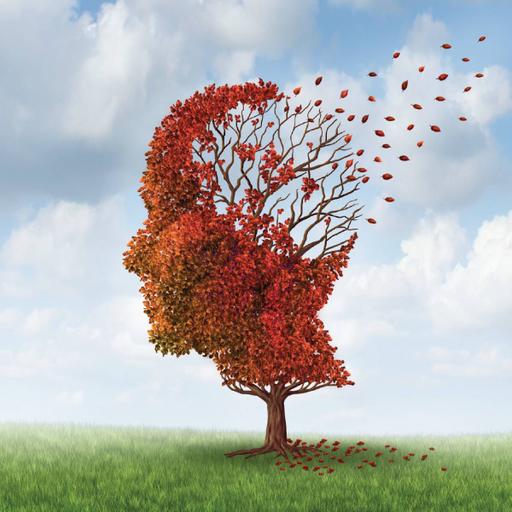Memory
Presentations | English
Memory is the faculty of the brain by which data or information is encoded, stored, and retrieved when needed. It is the retention of information over time for the purpose of influencing future action. Psychologists distinguish between three necessary stages in the learning and memory process: encoding, storage, and retrieval. Encoding is defined as the initial learning of information; storage refers to maintaining information over time; retrieval is the ability to access information when you need it. The first stage of memory is encoding. In this stage, we process information in visual, acoustic, or semantic forms. This lays the groundwork for memory. The second stage is storing information so it can be recalled at a later point. Memory is the process of taking in information from the world around us, processing it, storing it and later recalling that information, sometimes many years later. Human memory is often likened to that of a computer memory system or a filing cabinet.

12.50
Lumens
PPTX (50 Slides)
Memory
Presentations | English
